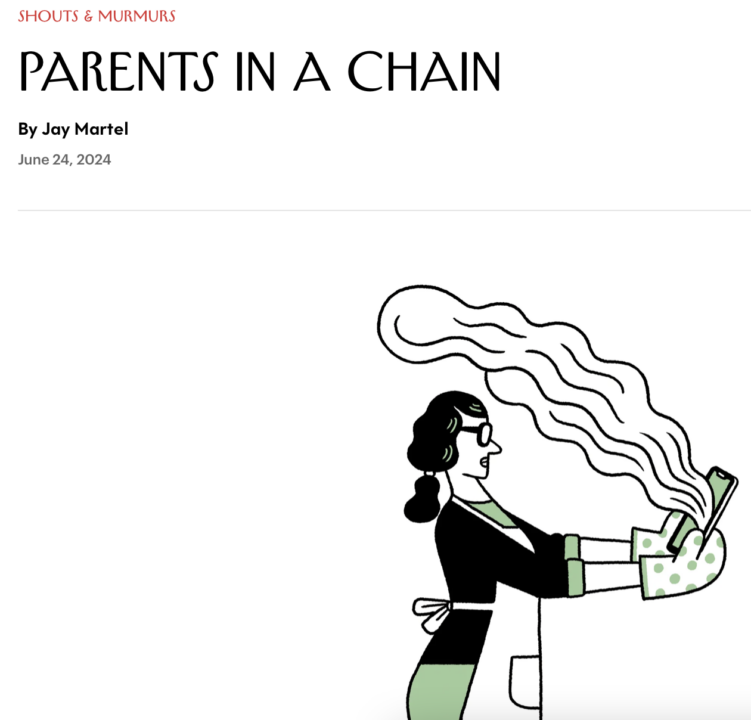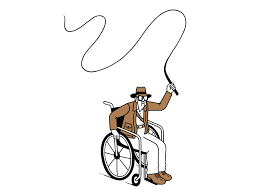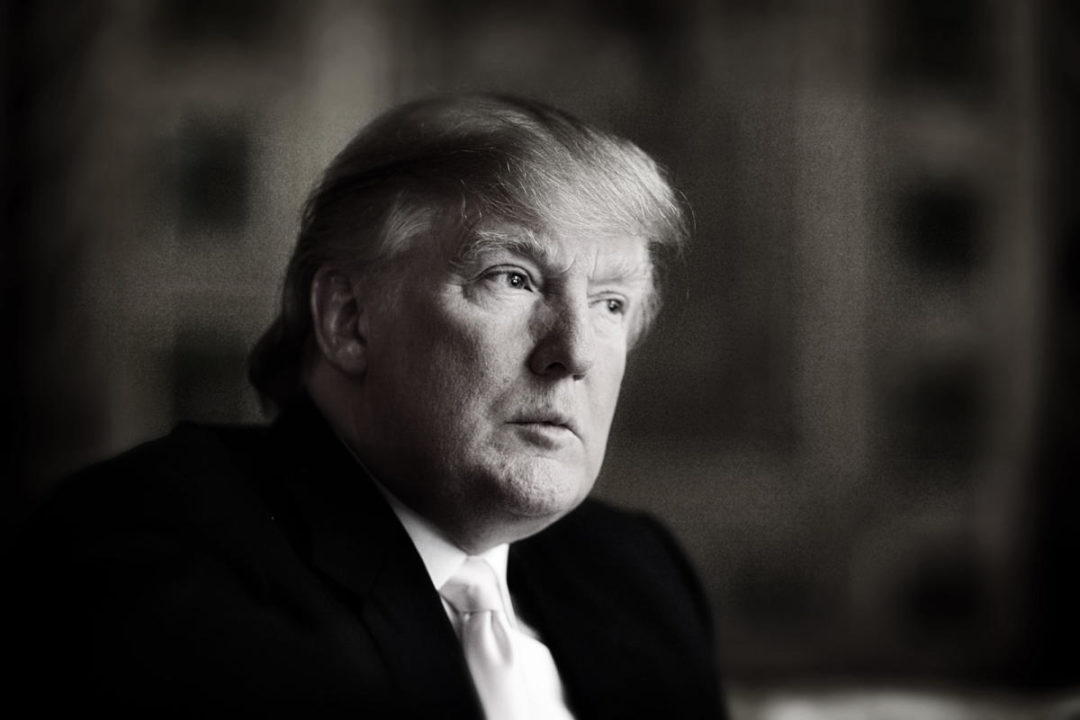William Baldwin is sitting in a pleasantly seedy Manhattan bar— a favorite hangout — when one of those weird New York City things happens: A guy approaches with a backpack full of skulls, which he claims were used in a recent production of Romeo and Juliet. Baldwin examines one, holding it with one hand out in front of him as if he were about to say, “Alas, poor Yorick!” But Baldwin’s no Hamlet. (That self-doubting Dane would have been crushed like a grape in the movie business.) He says, “You know, if you drilled a hole in the top here and put a candle in it, it would look pretty cool.”
Baldwin — Billy to his friends and family and William in his movie credits — finds a practical use for most everything. Actors often pride themselves on being able to “use it” — meaning that they can integrate any situation or any emotion positively into their work. For example, when Baldwin talks about living in New York, he says, “It’s gross, it smells like piss, but you’ve got to use it.” Baldwin has proven so adept at using it — his looks, his last name, whatever — that today he finds himself, at the ripe age of twenty-eight, the star of Backdraft, the most expensive movie about firemen ever, sharing the bill with the likes of Kurt Russell, Robert De Niro and Donald Sutherland.
On the set of Backdraft, Baldwin, who plays a fireman trying to follow in his father’s heroic footsteps, found himself using singed eyebrows and crackling-hot hair. When director Ron Howard asked Baldwin if he could light him on fire, Baldwin said, “Well, as long as you can see that it’s me…. Otherwise send in the stuntman, and I’ll take a nap in my trailer.” He didn’t nap — he burned. Here’s how to make a Burning Baldwin (kids, don’t try this at home): “You put a little glue on the back and the arms and the boots,” Baldwin says. “If you’re wearing your fire coat and the boots pulled up to your waist, you won’t feel the heat for about forty-five seconds. As far as I know” — a little pride glints in his steel blue eyes — “they’ve never set actors on fire before.”
From the many stories that Baldwin and his costars have recounted about the shooting of Backdraft — stories of working nights in Chicago firehouses, of ill-timed fire mortars, of training for three weeks at the fire academy by dragging huge loads up and down long ladders, of running into real houses on real fire “to see what it’s like” — one could almost forget that these people were paid actors in a movie and not participants in some out-of-control fraternity hazing with an eight-figure budget.
Was it all worth it? “Oh, yeah,” says Baldwin. “It was the most incredible experience, not only of my career, but that any actor could have, to work with Ron Howard, Robert De Niro, Kurt Russell, Donald Sutherland, Scott Glenn….” You get the idea. Baldwin would walk through fire for a good role opposite good actors. After all, he has lines in Backdraft — lots of them.
This was not the case in his first movie, Born on the Fourth of July. To prepare for his role in that movie — which, in the end, amounted to about ten seconds of screen time — he had to sleep for fifteen nights in a hole dug in a Philippine jungle, eat C rations and participate in nighttime battles. “By the tenth night,” he says, “it was like sheer terror to engage in a firefight in the middle of the night. You start saying to yourself, ‘Get my agent on the phone.’ “
With only four feature films and one TV movie under his belt, Baldwin has enough role-preparation war stories to make veteran Methodizers like De Niro — who did not, incidentally, work nights in firehouses or run through walls of fire for Backdraft — look a little slack. “The way I look at it,” says Baldwin, ” research always helps. At the worst, you’ve just wasted your time. Fortunately, I’ve always been able to use it in my performances.” Perhaps the only scene in Backdraft in which Baldwin just wings it is the one in which he bangs Jennifer Jason Leigh on top of a firetruck, but even that may have boasted its share of consultants. (“Dr. Ruth, please come to the set immediately!”)
Baldwin’s most studied performance to date, however, may be that of a movie star: He slouched into the bar in a fashionably disheveled white T-shirt, a flowered vest and a rumpled raincoat, his appealing hangdog features framed by stylishly unruly darts of moussed hair. When a girl recognizes him and asks for his autograph, Baldwin looks as though he’s been caught off guard and deadpans, “I don’t have a pen,” in a voice eerily similar to that of his eldest brother, Alec, a rasp that says, “I’m saving it for the cameras.” (He eventually borrows a pen and signs the girl’s cocktail napkin.) He not only slips easily into showbiz parlance, speaking fondly of “twin killings” (movies that are both critically acclaimed and well attended); he says things like, “An integral part of the formula is, you know, asses in the seats of theaters, you know, dollar signs, ching ching, all right.” “
He really gets into this acting stuff,” says Baldwin’s longtime best friend, Chris Bevilacqua. “He tries to become what they want him to be.” Still, Baldwin recognizes that his excellent work habits are only one ingredient in his success. “Virtually, the planets had to go into perfect alignment for me to have gotten what I’ve gotten,” he says.
Billy Baldwin is one of four acting Baldwin brothers. The second oldest, Daniel, appeared in the films Nothing but Trouble and Car 54, Where Are You?; the youngest, Stephen, stars on the TV series The Young Riders. They were brought up, with two sisters, about as far from the Polo Lounge as you can go in the continental U.S.: Massapequa, a town on New York’s Long Island. Their father, Alexander, who died seven years ago of cancer, was by all accounts a kind of superdad, a burly, principled guy who taught high-school civics and also found time to coach football, Little League and riflery. He encouraged his sons to compete and win, saying to them, “Are you Daddy’s tiger or Mommy’s lamb?” Billy’s main sport was wrestling. “I know it’s hard to believe,” he says, gazing down at a semi-pumped right bicep peeking from the sleeve of his T-shirt. “I didn’t have it here, but I had it here [he points to his head] and here [he thumps his chest].”
Elected president of his senior class, Billy thought he would enter politics. He majored in poli sci at SUNY-Binghamton, spent a summer in Washington as a staff intern for his congressman, Thomas Downey, and got accepted into law school. But by the end of four years of college, Baldwin was burned out and wanted a change.
Billy decided to follow Alec and Stephen into acting. He says Alec gave him the following advice: “Move into New York, get a job, get into an acting class, get an agent, get a head shot and pound the pavement.” Billy did all of the above and soon was working regularly — as a model for jeans and running shoes. This chapter of his career is now euphemistically referred to in his press-release bio as “appearing in print campaigns for some of the country’s leading advertisers.” “I think he doesn’t want to be remembered as the guy who started modeling,” says Bevilacqua.
“I kind of let modeling become a distraction,” says Baldwin. “I think I was afraid to commit to acting because I was afraid to fail. I’m not afraid of rejection. As an actor, you deal with rejection constantly. You’ve got to make it something constructive. You’ve got to use it.”
Baldwin used it — plus family connections and those wacky planetary alignments — to get the role in Born on the Fourth of July, Oliver Stone’s film bio of Ron Kovic. “My brother [Alec] had just finished working with Oliver on Talk Radio,” Baldwin says. “Also, my father was Ron Kovic’s high-school teacher. I made sure at the audition that Oliver knew I had known Ron my entire life. Then, the next day, after the audition, my brother and I ran into Oliver pushing Ron Kovic’s wheelchair through the lobby of the Atlanta Hilton.” Stone was at the 1988 Democratic convention doing research for the movie’s convention sequences; Kovic was a Jesse Jackson delegate; and Billy and Alec were working as volunteers.
Fourth of July proved to be a major spark in Billy’s career. In the next year, he turned down a principal role on Dynasty (“No offense to people who do it, but I didn’t become an actor to do that stuff”), took a role opposite Richard Gere as a coke-fiend cop in Internal Affairs and played Robert Chambers in the ABC movie The Preppie Murder. He changed from a womanizing, death-dealing preppie to a womanizing, death-cheating med student for Flatliners, which was followed by his stint as a lifesaver in Backdraft. This summer he will move back to the other side of the tracks, playing the title role in Machine Gun Kelly. “It’s really a movie about this guy and his wife,” says Baldwin. “It’s Bonnie and Clyde meets The Sting.”
After the movies, his biggest interest is politics. He’s active in two entertainment-industry advocacy groups, the Hollywood Policy Committee and the Freedom Coalition. “The right wing tends to have more organizational skills and money,” says Baldwin. “We try to use the media as the great equalizer.” He also spends a fair amount of time with his family. Before starting work on Machine Gun Kelly, he’s planning to fly to Phoenix for a major road trip with Stephen. They’re taking two Harleys across the country on a trailer behind a Ford Bronco; they’ll stop in Chicago, where Alec will be shooting a film. Family friends agree that the Baldwin brother most like Billy is Alec, and sometimes it’s hard to know where the elder Baldwin ends and the younger begins. They espouse nearly identical acting, political and romantic philosophies; both have expressed a desire for brains in a woman rather than looks, or more specifically, for a woman who’s like “Ted Koppel in a dress.” (Alec, it should be noted, has found his ideal in that dead ringer for Ted Koppel, Kim Basinger; Billy says that he is currently unattached: “It’s hard to meet a girl when you’re doing a movie about firemen.”)
Is “the business” a big topic of conversation when the brothers assemble? “We don’t talk shop so much as give each other advice,” Billy says. Any signs of celebrity-sibling rivalry? “We’ve never really been in direct competition with each other,” he says guardedly. “We’ve never been up for the same roles. We’re really different types.” Could it happen? “Sure, it may come to that. We’ve been competitive in the past with sports. You have to turn the competition into a constructive, motivating force, something that makes you work that much harder and become that much better. You’ve got to use it.”
For now, Baldwin seems content with his new-found status as leading man. “Now I can hold out and wait for the roles I want to come along,” he says. Given that the average leading man’s career longevity can be compared to the life cycle of a fruit fly, does he ever fear that he’ll, well, flame out? “The most exciting and fascinating thing about this industry is also the ugliest and most unfair thing about it,” he says. “The entertainment industry is still a business where anyone — young, old, black, white, male, female, rich, poor, talented, untalented — can make it to the top, when before you couldn’t… Forget not being able to get arrested; you couldn’t get anyone to spit in your direction. You could fucking get off the bus in LA. from Cleveland and five years later be a major success story. Of course, you could also wind up on the ledge of the Chateau Marmont with a fucking handful of pills. It all forces you to be motivated. “You’ve got to”— you guessed it — “use it.”



